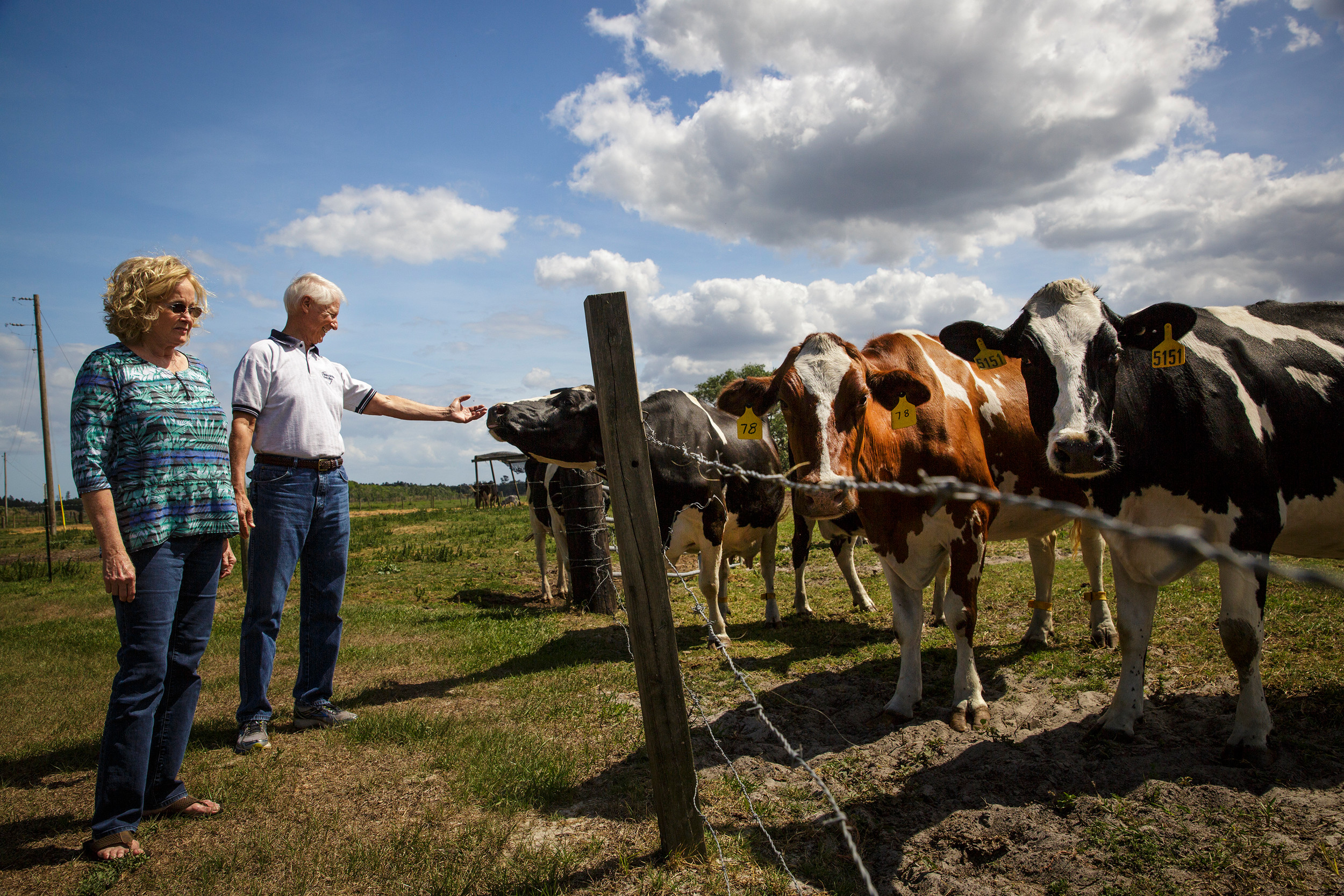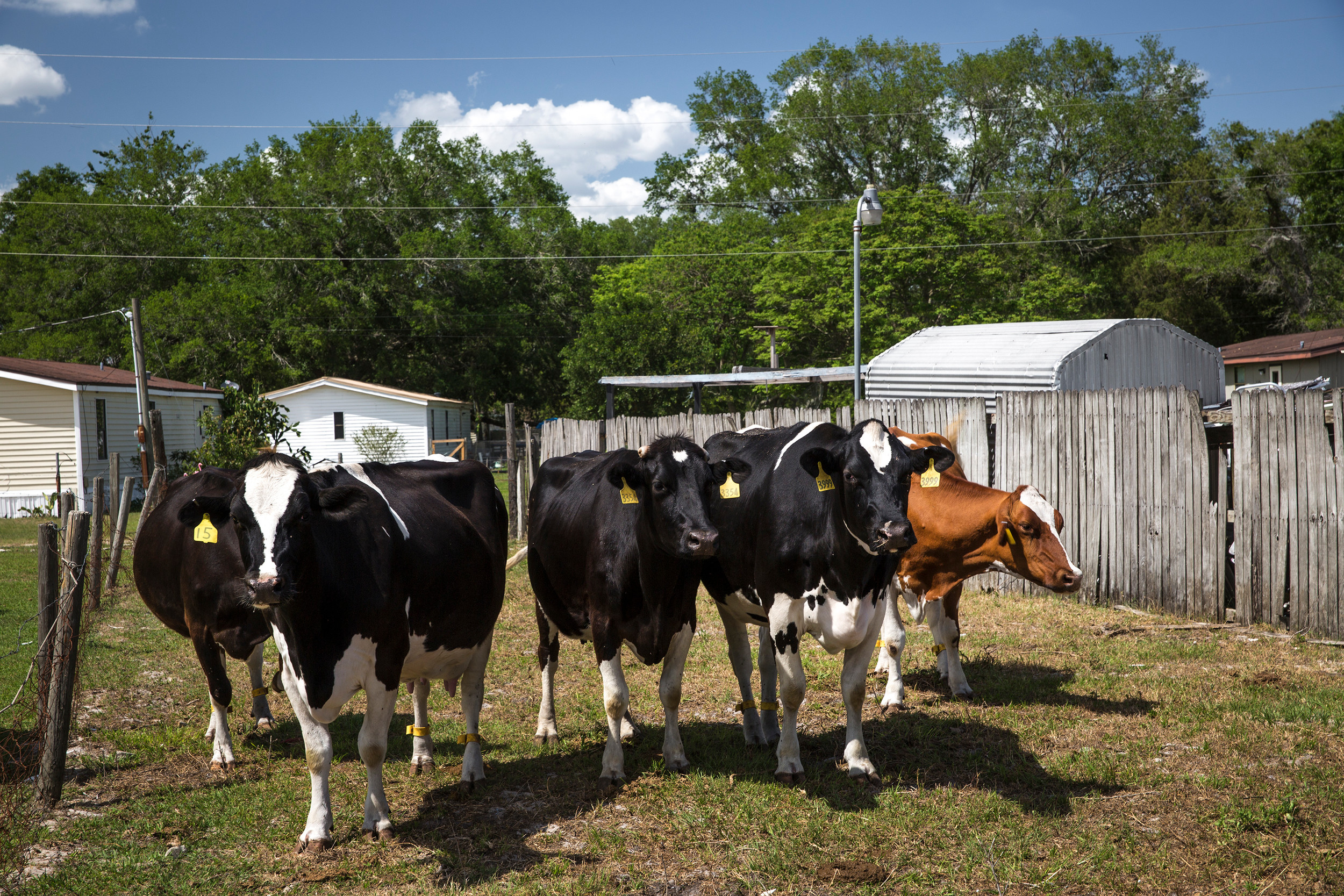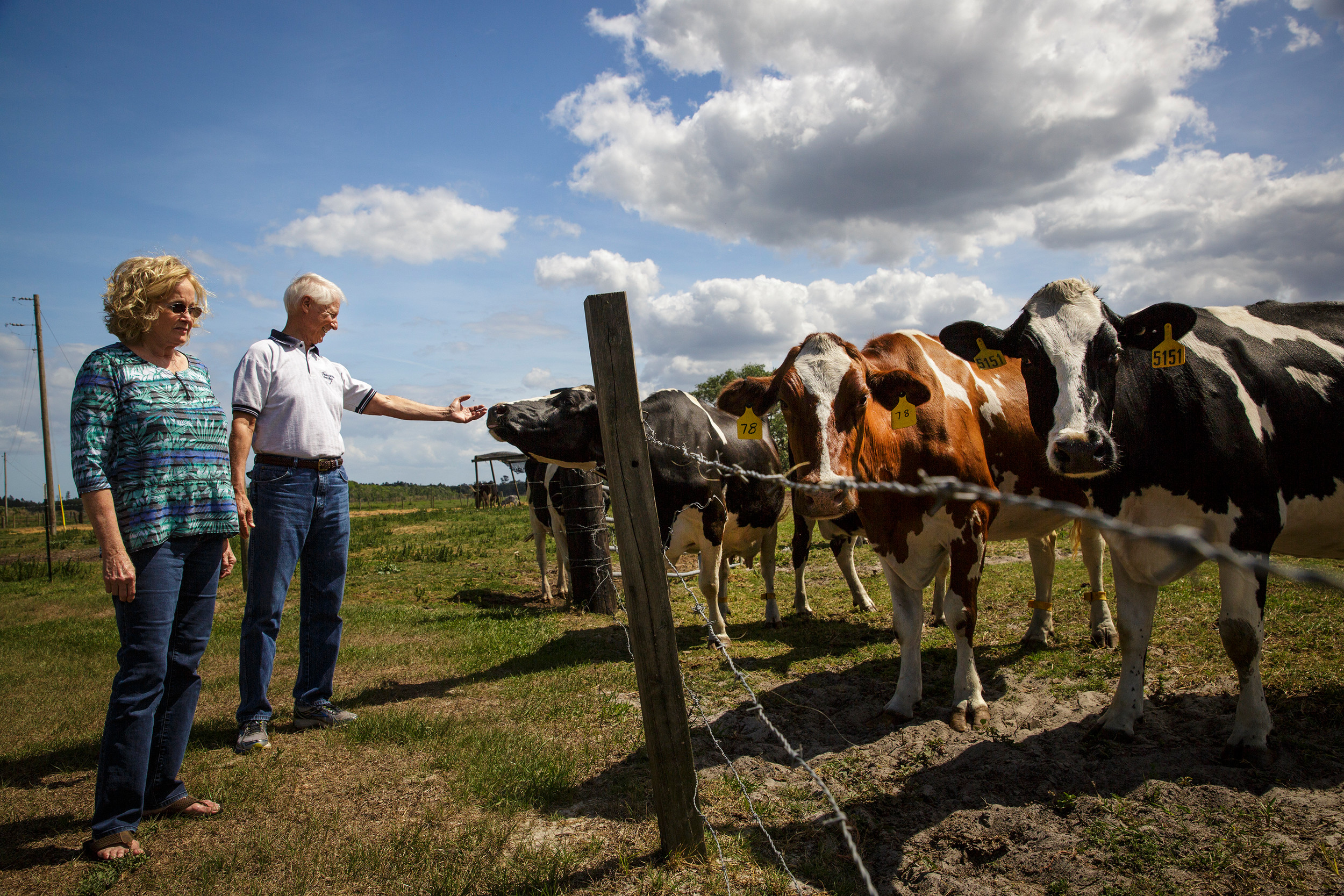The last dairy to close
LAKE ASBURY – When Sue Campbell left for her first semester at Florida State University, she thought she was leaving life on a dairy farm behind.
“I grew up on a farm, my father and my …
This item is available in full to subscribers.
Attention subscribers
To continue reading, you will need to either log in to your subscriber account, or purchase a new subscription.
If you are a current print subscriber, you can set up a free website account and connect your subscription to it by clicking here.
If you are a digital subscriber with an active, online-only subscription then you already have an account here. Just reset your password if you've not yet logged in to your account on this new site.
Otherwise, click here to view your options for subscribing.
Please log in to continueDon't have an ID?Print subscribersIf you're a print subscriber, but do not yet have an online account, click here to create one. Non-subscribersClick here to see your options for subscribing. Single day passYou also have the option of purchasing 24 hours of access, for $1.00. Click here to purchase a single day pass. |
The last dairy to close
LAKE ASBURY – When Sue Campbell left for her first semester at Florida State University, she thought she was leaving life on a dairy farm behind.
“I grew up on a farm, my father and my grandfather were both dairy farmers,” Campbell said. “I never really thought about [getting back into dairy]. I wasn’t opposed to it, I liked living the rural lifestyle.”
After graduation, Sue moved to Jacksonville and worked as a medical technologist. She got married, had two children, and then divorced. After that she met Jerry Campbell, the two got married and moved to St. Johns County, and then Jerry was transferred to Washington, D.C. where they would live for a short time before Sue’s father called and made them an offer that would change the course of their lives.
“I grew up in Ohio, and when I got out of the Navy, I was in Florida,” Jerry said. “It was the first time in my life I’d ever been warm. I thought, ‘I’m not going back up there, I’ll just stay in Florida.’”
That plan worked until he was transferred to Washington, but after living in the city in the early 1980s, with small children, he started to think about raising his children in a more “wholesome” place.
Sue’s father had started a dairy with Sue’s sister and her husband, after that sister moved on, he called Sue and Jerry and offered to sell them a dairy farm.
“Her dad really wanted to keep it in the family so he asked us first to see if it was something we’d be interested in,” Jerry said. “It was a business opportunity to return to Florida. I felt that I had enough business experience to tackle my own business, but also I just wanted to return to Florida.”
After a visit to the farm, and a promise to his wife that he would make it home for dinner every night, Jerry applied for a loan to buy the farm.
“I was ignorant of what I was getting into, and I’m glad I was because I probably wouldn’t have done it if I had known about dairy,” Jerry said. “I went in to a farmer’s credit union to get a loan, they reviewed it and talked to us and his comment was that he was going to approve the loan because I was a businessman and not a dairyman.”
The credit union had made several defaulted loans to dairymen and were starting to see dairy farms as less of a farming operation and more of a business as dairies were growing in size and the industry had changed from the time when Sue’s father started his first dairy with 30 cows. After the loan came through, Sandridge Dairy LLP was born.
Jerry, used to managing people, not cows, had to start from scratch.
“The first thing I did was learn how to milk a cow,” he said. “After that, I learned how to breed a cow, then I learned how to build a fence and to drive a tractor. I was involved in all aspects of it [at the time] because we couldn’t afford to hire people.”
After getting their start, the business continued to grow, they eventually bought another dairy operation in Jacksonville increasing their herd from about 400 cows to around 900, and after 10 years in operation, Jerry paid back his loan.
“It was tough, we were profitable, but we didn’t get rich,” Jerry said. “It was not until we got the debt paid off that we could start breathing.”
It was in the early 1990s that government regulation of dairy farms began to change, which tightened environmental regulations, especially for farmers with more than 700 head of cattle. In an effort to reduce the economic impact of meeting these regulations, where their 900 cows would need to meet the same requirements of a dairy with as 10,000-plus cows, they scaled their herd back to 700.
Through the years, the Campbells watched as other area dairies closed down, but they stayed in operation. When they bought the farm in 1982, they estimated that there were about 60 dairy farms in Northeast Florida, and four in Clay County. For the last decade, the Campbells have been the sole dairy producer in Clay County, and one of about five remaining in Northeast Florida. In September 2013, Gustafson’s Dairy in Green Cove Springs sold its 3,267-acre dairy and processing plant to Belleview, Fla.-based Southeast Milk after putting it up for sale in 2004.
They maintained their dairy business through the 1990s, up until about 2013 when they started selling about 100 cows a year as part of an initiative to phase out their herd and focus on the cemetery and funeral home they established on their property next to Russell Baptist Church off Sandridge Road between Lake Asbury and Green Cove Springs.
Now, down to about 300 cows with more going to a Michigan dairy this week, The Campbells expect to sell their entire herd by this June.
“We should’ve got out a few years ago, but we’ve got some really good long-term employees,” Jerry said. “It finally reached a point where we had to do it from an economic standpoint.”
At their peak, the Campbells employed 11 people on the farm, now six remain, including the farm’s manager George Cummings who Jerry considers a pivotal figure in their operation. The employees live in manufactured homes on the property, and have set up a life around the dairy farm.
“We couldn’t have done this without the faithfulness of the employees we have,” Sue said. “These guys and girls have been wonderful and that was one of the hardest parts, was knowing their life is going to change. They like that rural lifestyle. To me that’s been the hard part is knowing it will really affect their lives.”
Though they may see some change, Jerry has already started thinking of ways to keep their loyal workers around.
“We’re going to try to bring some of them into the cemetery, I don’t think there will be a problem in placing the employees,” he said.
As for the 320 acres of dairy property, the Campbells have already started receiving offers from developers, but haven’t considered any so far. “When the time is right to sell it or lease it we’ll know,” Sue said.
“I feel like we’ve lived successful lives, we’re happy and content, and our kids all lead happy lives,” Sue said. “It was a good way to raise our kids. They would tell you that they love the freedoms they had, and that the rural upbringing was good. When you live in a city you don’t have a horse in your backyard.”













